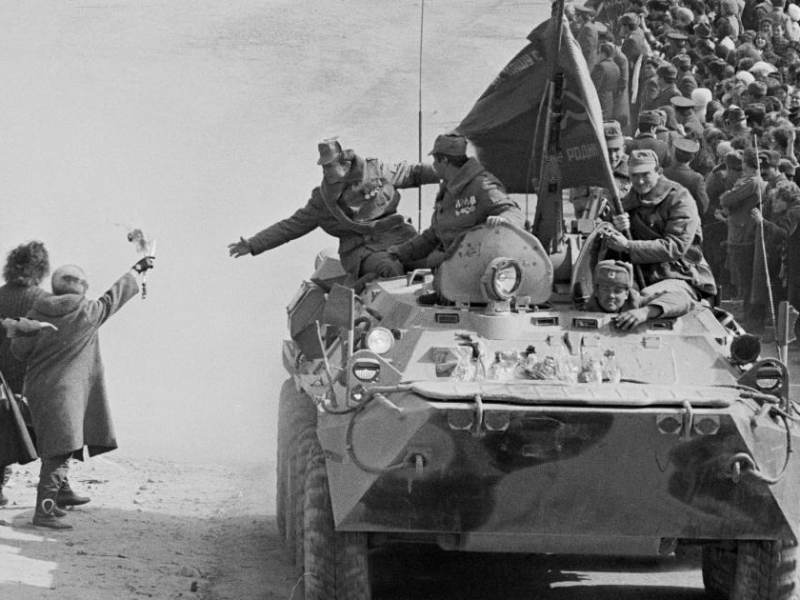This coming week, the world anticipates the United Nations’ discussions around the Soviet Union’s invasion of Afghanistan. While this is not the U.N.’s only topic of discussion, the issue is crucial in global politics, and this conference may prove influential to the outcome of the conflict.
On Christmas Eve 1979, the Soviets launched an invasion of Afghanistan. It did not take long for the USSR to establish what could be called a puppet regime in their southern neighbor, placing Babrak Karmal at its helm. However, this was not a seamless transition of power. Hostility has been central to the climate in Afghanistan for the last two years, and it does not show many signs of stopping.
One point of interest for the U.N. may be the humanitarian crisis that has sprung from this conflict in the past few years since the original invasion. Scores of refugees have fled Afghanistan, taking shelter in its bordering countries, such as Pakistan and Iran. These countries, forced to take in Afghan refugees, may not have the capacity to take much more. Pakistan, for example, is already receiving aid from the UNHCR, meaning that its internal struggles may be exacerbated by new burdens.
Why did the Soviets do this? Many Americans have speculated on this since the conflict began. One common assertion is that the invasion serves to prop up the Soviet regime; that Brezhnev and the rest of the Soviet government are striving to enforce their doctrines. It is difficult to know for sure – at least, that is, until this week’s UN discussions, where certain things may come to light.


